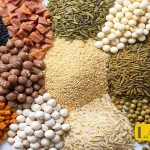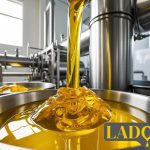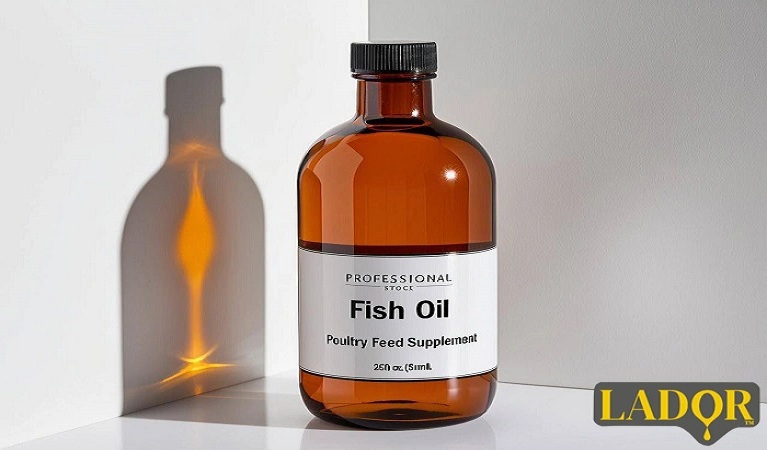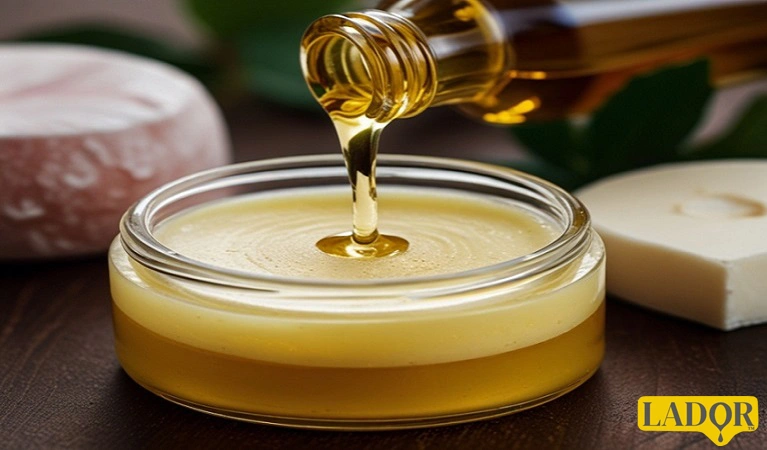

Fish oil plays an important role in livestock, poultry, and aquaculture feed because it is a rich source of omega-3 fatty acids, especially EPA and DHA. These fatty acids offer numerous health benefits and improve performance in animals, making them a valuable supplement in their diets. In fact, fish oil, soybean oil, sunflower oil, and others are considered poultry oils. Continue reading this article to gain comprehensive information about fish oil.
Fish oil is a valuable dietary supplement for livestock. Its richness in omega-3 fatty acids, particularly eicosapentaenoic acid (EPA) and docosahexaenoic acid (DHA) make it highly significant.
Omega-3 Fatty Acids: These fatty acids are the primary and most valuable component of fish oil. The EPA and DHA found in fish oil possess anti-inflammatory, antioxidant, and immune-boosting properties.
Fat-Soluble Vitamins: Fish oil contains vitamins A, D, and E, which are essential for the health of the skin, bones, and immune system.
Triglycerides: These compounds are the primary form of fat storage in the body and provide the body with the energy it needs.
Phospholipids: These compounds play an important role in cell structure and the transport of fats in the body.
Among the benefits of this animal oil, the following can be mentioned:
The omega-3 fatty acids present in fish oil help strengthen the immune systems of livestock and poultry, increasing their resistance to diseases.
Fish oil can contribute to improved growth and weight gain in livestock and poultry. Additionally, this oil has a positive impact on the reproductive performance of animals, leading to increased fertility and milk production in dairy animals.
The use of fish oil in livestock and poultry feed can result in better meat and milk quality. For example, the meat of animals fed fish oil typically has a better taste and a softer texture.
Omega-3 fatty acids have anti-inflammatory properties and can help reduce inflammation in the bodies of livestock and poultry.
Fish oil can help improve cardiovascular function in livestock and poultry and reduce the risk of cardiovascular diseases.

The quality of this oil depends on so many factors:
The type of fish, fishing area and fishing season affect the fatty acid composition of fish oil.
Fish oil production methods, including extraction, refining, and packaging, affect the purity and stability of the oil. Improper processes can lead to oxidation and reduction of oil quality.
The use of fresh and high-quality fish in oil production guarantees the production of higher-quality oil.
Improper storage conditions of fish oil can lead to oxidation, reduction of nutritional value, and production of undesirable compounds.
The amount of omega-3 acid in fish oil is one of the most important contributing factors that play an important role in the quality of it.
The existence of impurities, such as Heavy metals, pesticides, and volatile organic compounds can have a huge influence and impact on the quality of the fish oil and can jeopardize the health of the animals.پ

Fish oil, rich in omega-3 fatty acids, is a valuable dietary supplement for livestock and poultry. The quality of fish oil depends on various factors and affects animal performance, the quality of animal products, and ultimately the taste and texture of meat and milk. By selecting high-quality fish oil and using it correctly in animal feed, it is possible to improve animal performance and produce higher-quality animal products.
Sepahan Premium Oil Factory, under the trade name Lador, operates with the most up-to-date equipment and machinery in the production of various types of animal and poultry oils and powders, as well as various industrial oils. In addition to having the best fish oil in its production cycle, this company also produces products such as raw poultry oil, bone oil, pure palm powder, raw materials for Golpaygani chicken feed, native laying hen feed, and countless other products. For price inquiries and more information, contact Ladorfat experts.